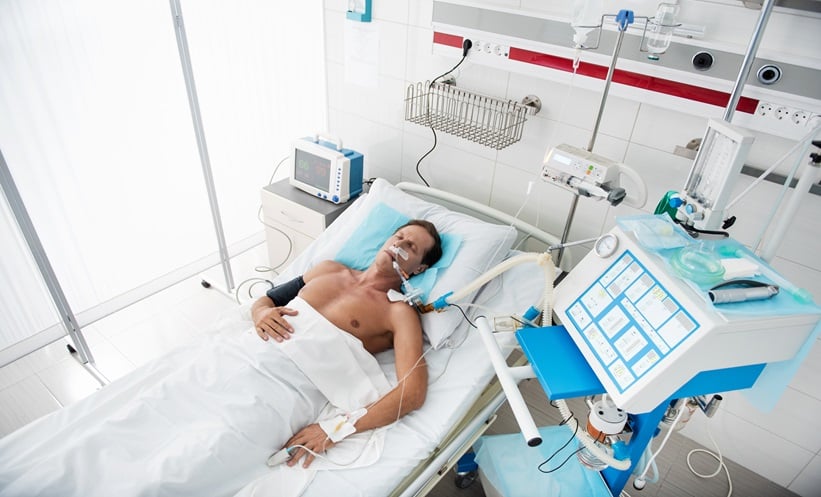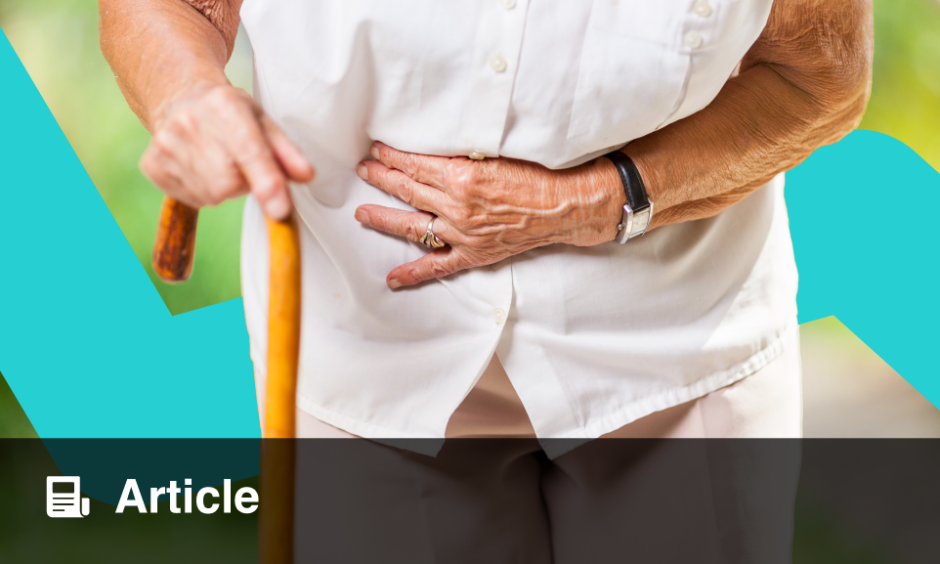NOVEL research has shed light on the efficacy of proton-pump inhibitors for stress ulcer prophylaxis in critically ill patients undergoing invasive ventilation.
The randomised trial, conducted across 68 intensive care units (ICU) worldwide, investigated the impact of intravenous pantoprazole compared to placebo on clinically important upper gastrointestinal (GI) bleeding and overall mortality at 90 days. The study enrolled 4,821 critically ill adults on invasive ventilation, randomly assigning them to receive either 40 mg of intravenous pantoprazole daily or a matching placebo (mean age: 58 years; 64% male; 10% active COVID infection)
The primary aim was to assess whether pantoprazole could reduce clinically important upper GI bleeding in the ICU. Additionally, the study evaluated safety outcomes, including all-cause mortality, ventilator-associated pneumonia, Clostridioides difficile infection, and other forms of patient-important bleeding.
Results revealed a significant reduction in upper GI bleeding among patients treated with pantoprazole. Specifically, only 1.0% of the pantoprazole group (25 out of 2,385 patients) experienced this complication, compared to 3.5% (84 out of 2,377 patients) in the placebo group. This translates to a hazard ratio of 0.30 (95% CI: 0.19–0.47; P<0.001), indicating a 70% reduction in the risk of GI bleeding with pantoprazole.
Despite these promising findings, the study found no significant difference in mortality rates between the two groups. At the 90-day mark, 29.1% of patients in the pantoprazole group (696 out of 2,390) had died, compared to 30.9% in the placebo group (734 out of 2,379), with a hazard ratio of 0.94 (95% CI: 0.85–1.04; P=0.25). The research also noted that, while pantoprazole reduced patient-important bleeding, other key secondary outcomes, such as Clostridioides difficile infection, were similar in both groups.
These findings provide crucial insights for ICU practitioners in managing stress ulcer prophylaxis, suggesting that pantoprazole can be a beneficial intervention in this high-risk patient population.
Ada Enesco, EMJ
Reference
Cook D et al. Stress ulcer prophylaxis during invasive mechanical ventilation. N Engl J Med. 2024;DOI:10.1056/NEJMoa2404245.








